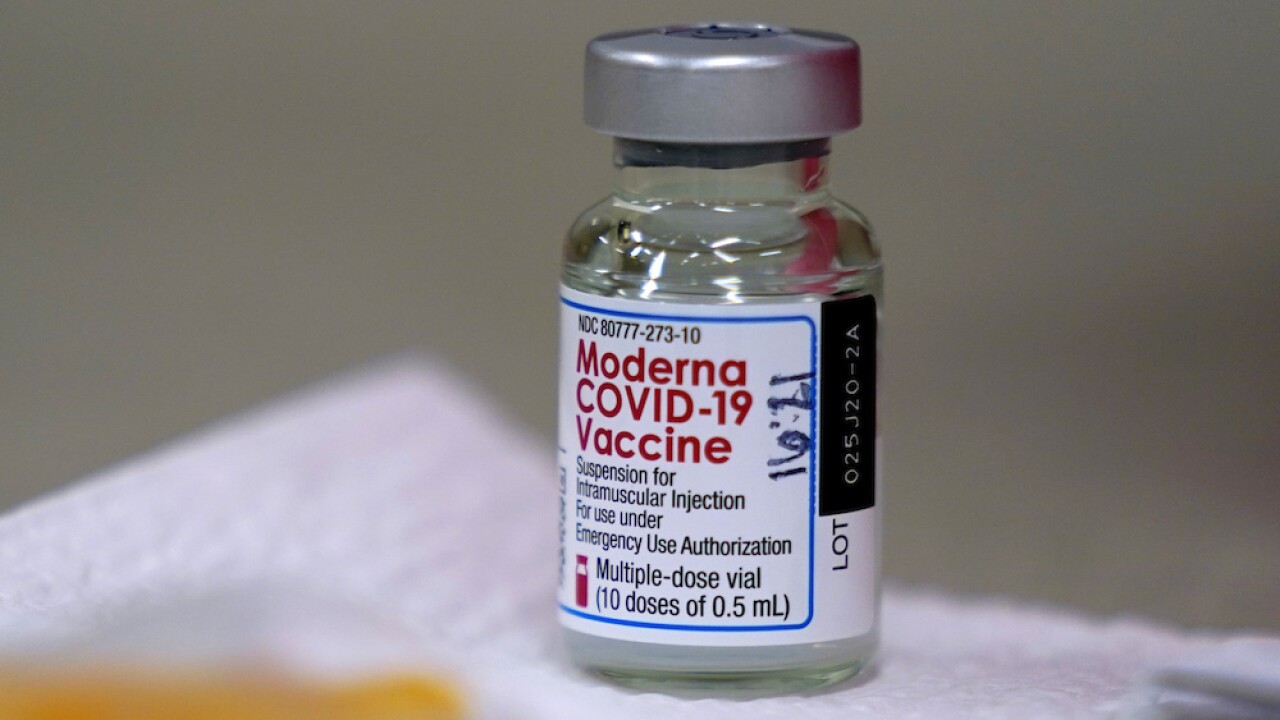LANSING, Mich. — With vaccines being accessible and free, insurance companies are telling patients it’s time to start paying for COVID-19 treatments and hospital stays. This—leaving a concern for some COVID-19 long haulers still seeking treatment.
“I think there needs to be some guidelines and these boundaries," COVID long hauler Lynus Parker said. "But I think there also needs to be consideration for people who had it, and have these conditions”
Lynus Parker is still recovering from the COVID-19 diagnosis that put him in the hospital for 80 days and on a ventilator for over a month.
“I was like wait, oh woah, intubate? That’s pretty serious. What are my alternatives? And he said something I will never forget. ‘Mr Parker, this is your best chance at survival’”
Parker, who is from Novi, is doing much better but has damage to his vocal cords and diaphragm. He still has to sleep upright.
He’s one of many COVID-19 long haulers still receiving COVID-19 treatments. At the moment insurance companies take care of most COVID-related costs, but that will stop this October because insurance companies will no longer waive COVID-19 treatment costs.
“95, 96, 97 percent of those that are in the hospital are those that are unvaccinated," Senior VP and Chief Medical Officer at Blue Cross Blue Shield of Michigan Dr. James Grant said. "So if we can actually get to the unvaccinated, get them to realize the importance and safety of the vaccine, that’s how we’re going to beat this”
Research done by Blue Cross Blue Shield shows that the average cost for a hospitalized patient with COVID could reach as high as $45,000 and over $100,000 for patients in the ICU.
Throughout the pandemic, Blue Cross Blue Shield of Michigan says they spent $750 million for COVID-19 treatments and roughly 250,000 of their members paid nothing.
“The COVID hospitalizations are considered largely preventable, so the insurance companies may no longer be facing the same pressures to cover cost-sharing for patients who may be hospitalized with COVID treatment as opposed to other patients,” associate director of KFF Health System Tracker Krutika Amin said.
But long haulers like Parker want insurance companies to consider this decision. He has another procedure coming soon and may need treatment for years to come.
"We’re looking at potentially hundreds of thousands of dollars just so I can regain lung capacity on my right side,” he said.
According to a study from the Kaiser Family Foundation, the average out-of-pocket costs for insured patients will now be about $1,300.




